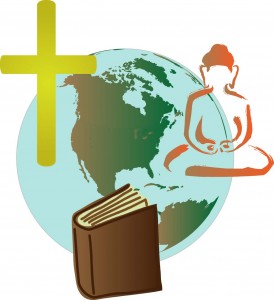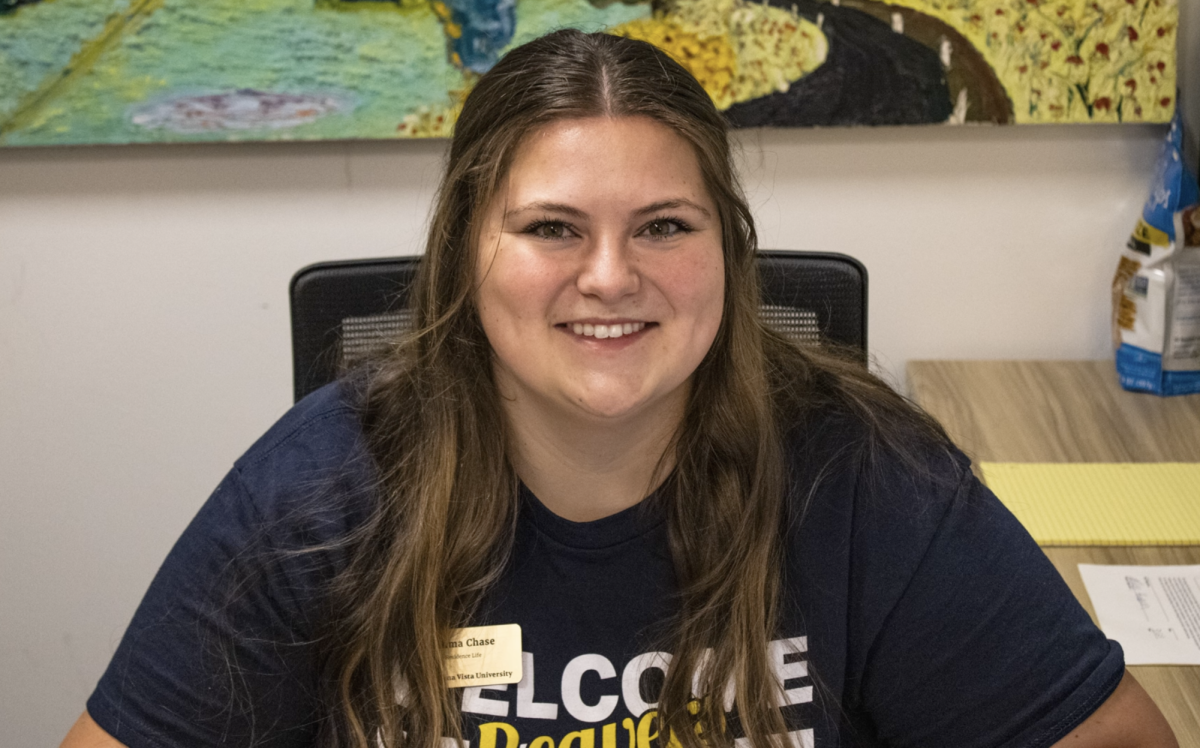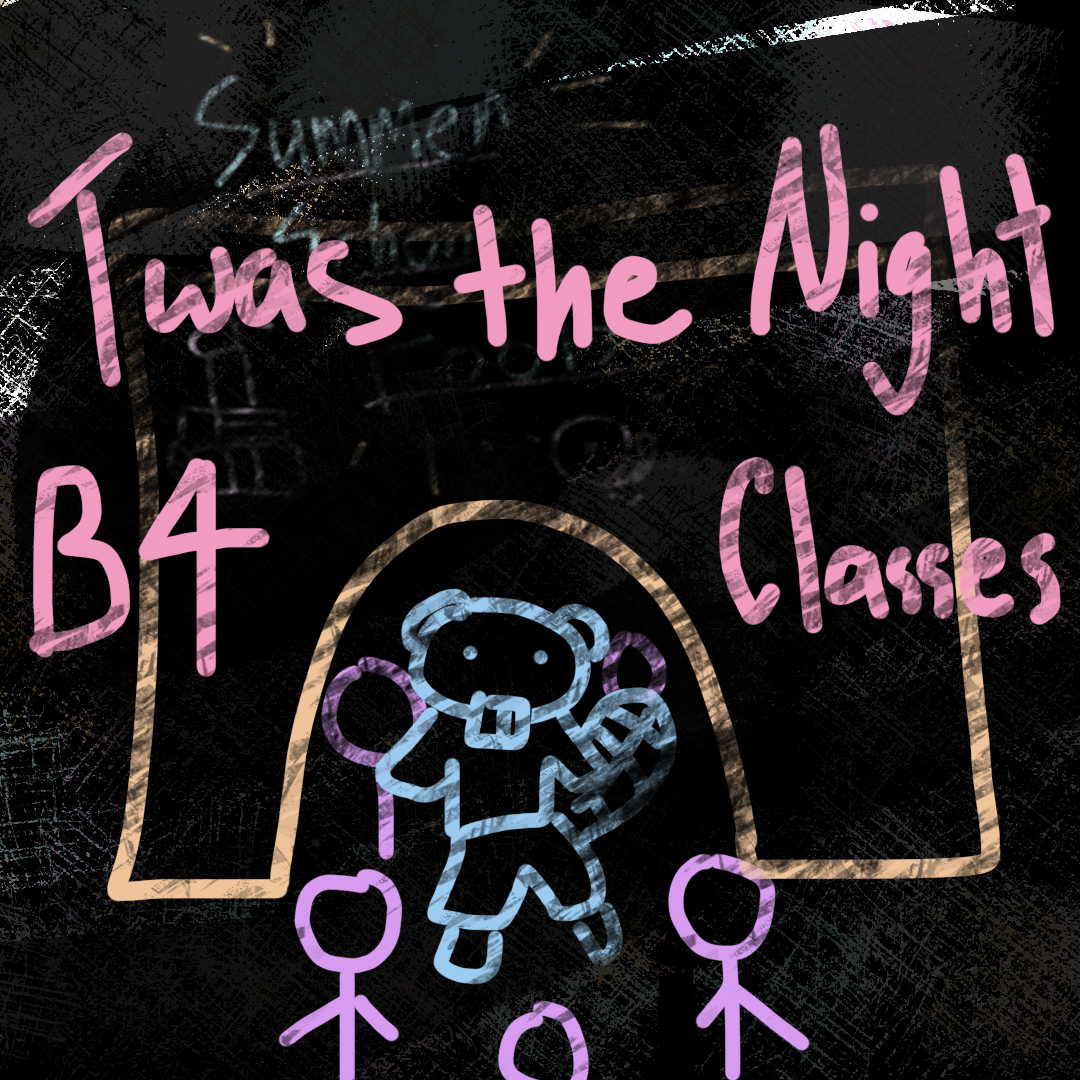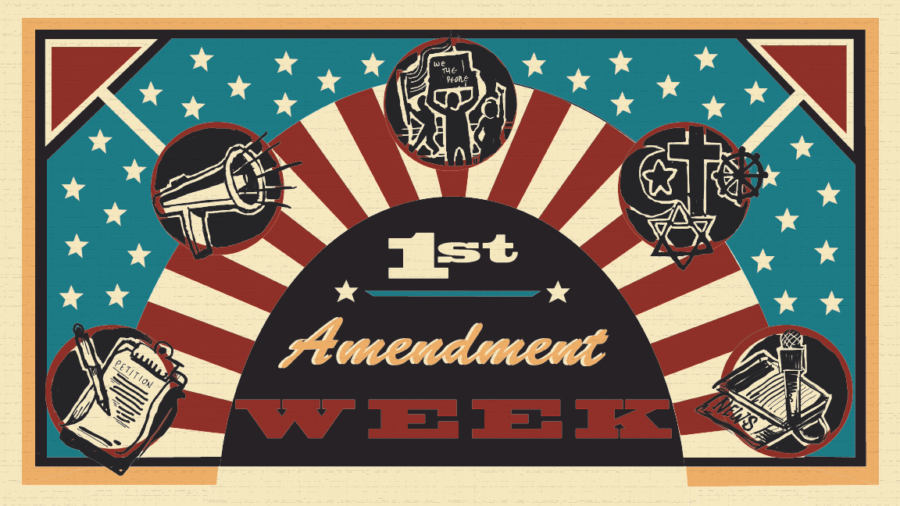April Allen | Arts & Life Co-Editor

Religion is a complex subject, and it probably always will be. Buena Vista University (BVU) is a Protestant-based institution, but there are many other students of diverse religions and backgrounds who reside here. While it will be impossible to define religion and spirituality on this campus, imparting a better understanding of the campus’s history of religion and constructing a more concrete definition of religion and spirituality can give a deeper insight into religion at BVU.
A survey was given to fifty-three BVU students, half female and half male. When asked what religion he or she associated with, 72 percent said Christianity. Nearly 40 percent of those who took the survey said they spent no time practicing their religion, although they did identify with a religion. Participants were then asked why don’t they practice their religion as often as they would like. Many of those students said they lacked motivation and wished they had more free time to spend time focusing on spiritual matters.
Associate Professor of Religion Swasti Bhattacharyya told The Tack about her experience with religion from teaching classes.
“Often I will hear students say, ‘I’m spiritual: not religious.’ The way I interpret that is that students see religion as an institutionalized belief system and often students are rejecting that institutionalized form of religion by reacting against frustration or hypocrisy they see in that religious tradition,” Bhattacharyya said.
There are opportunities to get involved with the Christian religion here at BVU through the Presbyterian Church foundation. The survey indicated a majority of students do have the opportunity to get involved with religion, but it also indicated that students more often than not feel judged because of their beliefs.
Senior religion major Zachary King explained his journey with religion. He was raised in a Christian household but now he associates more with eastern religions.
“Why should I need to do these things?…something that would be as perfect and caring, as a god would be, wouldn’t care if I was worshiping him. He wouldn’t have such an inflated ego that he would need me to go every Sunday and give praise to him. The demand of giving praise was always a dissonant thing for me that didn’t make a whole lot of sense so I began exploring other religions,” King said.
The Presbyterian Church is an affiliate of the university. BVU Chaplain Ken Meissner says about fifteen percent of the student population attends chapel on Thursdays. Chapel is held every Thursday at 11 a.m. when no classes are scheduled. But beyond Christianity, there are various other religions on campus which include but are not limited to Buddhism, Judaism, Islamic, Hinduism, Jainism, and Sikhism.
King gave The Tack his perspective on what religion is.
“Spirituality is a connection with what individuals feel is meaningful to them. It’s what makes their life worth living. It gives their life a certain level of confidence to live their lives,” King explained.
Meisnner describes the school’s early history with the Presbyterian Church, which established BVU in 1891 as a college for preachers, teachers, and pastors. The school was funded by the church during the early years of the university’s existence. During the 1960’s, the western culture divided the school from the church. Today, private investors give the money to make this school possible so the church isn’t in charge of university guidelines anymore.
There are different structures at BVU that help develop a student’s beliefs. Meissner offers religious guidance through a certain religion. Bhattacharyya gives students the opportunity to explore many religions if they choose to do so.
“It’s about who we are. I really only teach one class, ‘How do you want to live in this world?’ On the books it might be religions of Asia or bioethics, but basically in all of those classes the underlying message is who do you want to be in this world. In religions of Asia, if a student leaves thinking “There are other ways to see this world than what I knew”…if they meet somebody who thinks differently and says ‘that person is interesting’, ‘it is worth my time to try and understand them’, rather than ‘that person is stupid’, then I have achieved my goal…that class has been a success,” Bhattacharyya said.
Bhattacharyya said there are over sixty definitions of religion. She gets parts of her definition from a combination of those definitions.
“Joahim Wach’s definition of religion is helpful. It includes beliefs, certain practice, and certain relationships to society. In this case, there really can’t be a religion of one, but you can have a personal religious experience,” Bhattacharyya explained.
Service is incorporated into almost every single religion. BVU serves over ten thousand hours of service a year and even takes an entire day off in the spring semester to serve the community: Buenafication Day. Service is a dominant activity on this campus, and when Ken Meissner is asked about religion and student belief, service automatically becomes a part of his answer. Religion isn’t as definite as it is perceived to be. Here at BVU, religion and spirituality seem to be a path many are interested in yet feel unsure about. Any student who knows others are going through the same concerns with religion can find support for their spiritual journey.
Audio by Tyler McDanel and Kamsa Thephavong
Graphic by Keyla Sosa














Heather York • Nov 21, 2012 at 4:18 pm
This is an interesting story, but unfortunately I feel that it ignores a significant, but often overlooked, minority: atheists. Atheists often opt to keep their beliefs — or lack thereof — closeted because atheism is too commonly treated as a dirty word, synonymous with immorality, in our society where Judeochristian culture is pervasive and taken for granted as the norm. One might be surprised to learn that, in the US, atheists, agnostics, and humanists outnumber those of all non-Christian faiths, combined. A recent Pew Forum survey (http://religions.pewforum.org/reports) shows that 6.3% of Americans are “secular unaffiliated” whereas only 4.7% have an affiliation with “other [non-Christian] religions”.